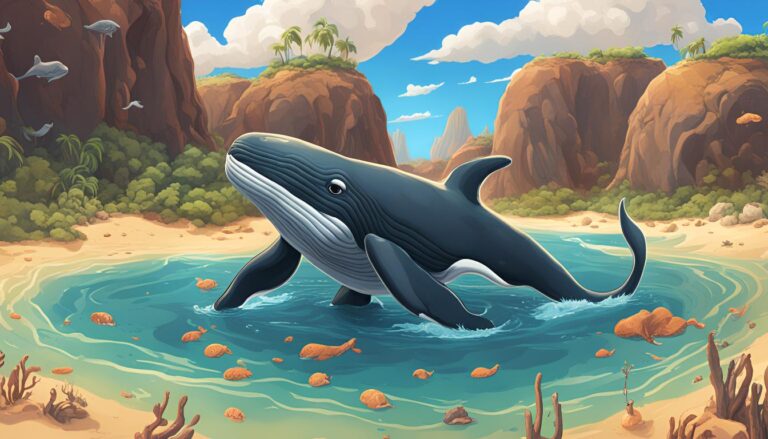In 1891, newspapers reported the story of James Bartley, a whaler who was swallowed whole by his prey. Supposedly, Bartley spent as long as 36 hours in the belly of the beast before his crew caught the whale and rescued their crewmate. This tale is far from unique. Various novels, myths, and religious texts depict figures swallowed at sea, with some even making a home for themselves in the creatures’ cavernous mouths. Unfortunately, if someone actually were swallowed by a whale, they would likely be crushed. But if they somehow survived, they might have a chance to escape during their captor’s bathroom break. Whales frequently surface to take in air and let out massive plumes of waste. And while swimming in this slurry might seem more disgusting than living in these creatures, whale poop is much more desirable than it may seem. In fact, it may be one of the most important substances in the ocean—and the world. To understand why, we need to look at some of the ocean’s most ubiquitous organisms: phytoplankton. These creatures survive off sunlight, carbon dioxide, and nutrients like phosphates, nitrogen, and iron. Since the ocean’s surface waters generally have an abundance of these resources, phytoplankton are everywhere. A single drop of seawater can contain thousands of these creatures, and phytoplankton blooms are large enough to be seen from space. These phytoplankton then become food for countless microscopic grazers, including copepods and krill, which in turn feed a huge swath of marine life. In this way, these surface-dwellers are the base of a food chain supporting countless marine life forms. But when phytoplankton die, their bodies can sink far below the surface, taking with them the carbon and iron their living peers need to survive.
This is where whales come in. Hunting at these depths, whales consume huge amounts of these phytoplankton predators. For example, species like the blue whale can consume up to 16 tons of krill every day, leading them to regularly surface and release a slick of feces red with iron. Through this cycle, whales act as a living pump to bring iron from deeper waters back to the surface. However, if we take whales out of the equation—much as centuries of commercial whaling did—this natural system starts to break down. Over enough time, this broken cycle could lead to surface waters completely devoid of life and similarly major problems for us land dwellers. Phytoplankton’s massive photosynthetic blooms produce as much as half of Earth’s oxygen. In addition to taking in iron, phytoplankton helps sequester huge amounts of carbon—an element we need to extract from the air to address climate change. According to one report, phytoplankton are estimated to capture four times the amount of carbon contained in the plant life of the Amazon. From these calculations, every 1% increase in phytoplankton population is the carbon capture equivalent of 2 billion fully grown trees springing into existence. While there’s still debate about exactly how much of this carbon stays in the ocean long term, researchers are working to increase phytoplankton populations and bury as much carbon as possible. Some groups are doing this simply by sprinkling iron in the ocean. However, this approach is much less impactful than supporting the ocean’s natural phytoplankton farmers. Whale poop’s complex matrix of nutrients is the result of millennia of co-evolution among these creatures, making it vastly superior to cheap, man-made supplements.
Right now, whale populations are still recovering from industrial whaling. But if we can help these species rebound through whaling moratoriums, safer fishing and shipping practices, and cleaning up pollution, it would do wonders for restoring this nutrient cycle. Even when these newly protected whales die natural deaths, they’ll still be fighting climate change. Not only can a whale’s body sequester up to 33 tons of carbon at the bottom of the ocean, but their remains can also become an entire ecosystem—continuing to support life both above and below the surface.

















0 Comments